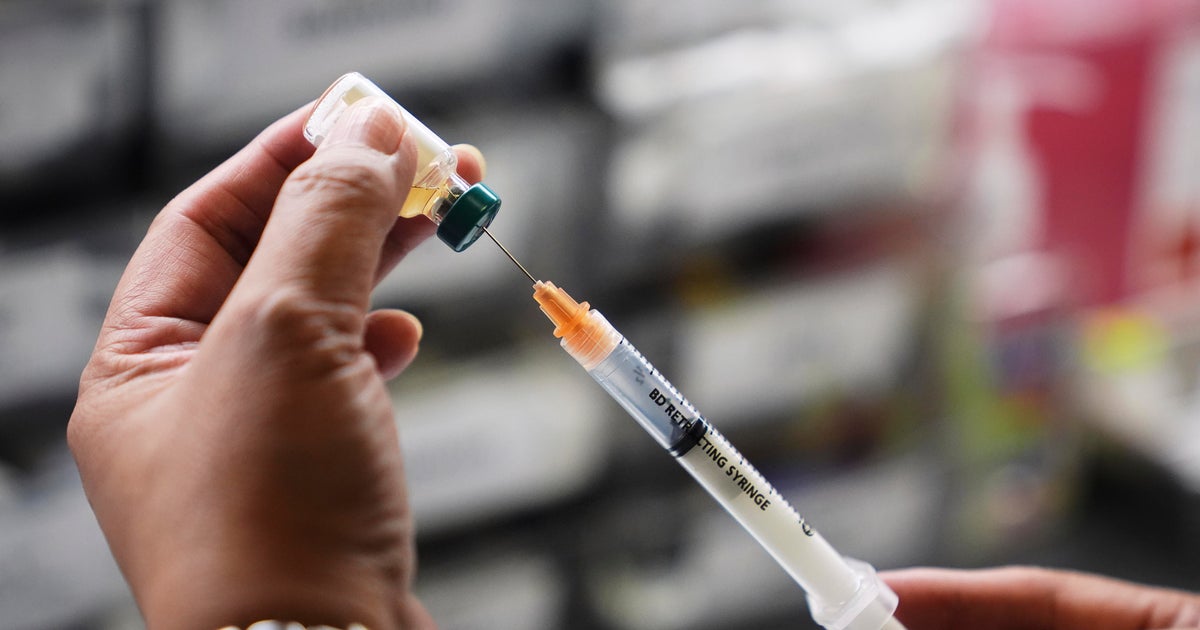
Twenty-five years ago today, a critical advancement in reproductive health was made when the Food and Drug Administration (FDA) approved the use of mifepristone for abortions, marking a significant milestone in women’s rights. Yet, as we celebrate this anniversary, the future of mifepristone hangs in the balance, increasingly threatened by anti-abortion Republican efforts to revoke its FDA approval and restrict access to essential reproductive healthcare across the nation.
Mifepristone, the first of two medications used in the standard abortion pill regimen, functions by blocking the pregnancy hormone progesterone. The second drug, misoprostol, induces uterine contractions to expel the pregnancy. The FDA’s approval of mifepristone on September 28, 2000, came over a decade after its initial approval in France, where it was developed. This approval revolutionized the way abortions could be performed, empowering individuals to seek care in the privacy of their homes rather than in clinical settings, thus circumventing the harassment often faced at clinics by anti-abortion protesters.
Originally, mifepristone was approved for use up to seven weeks of pregnancy; however, in 2016, the Obama administration expanded its availability to ten weeks. Abortion rights activists argue that it is safe to use later in pregnancy, as supported by the World Health Organization, which contends that it can be administered during the entire first trimester. In December 2021, the Biden administration further facilitated access by allowing abortion drugs to be prescribed remotely, a change that has made these medications even more accessible and affordable for those in need.
Despite the Supreme Court’s 2022 decision in Dobbs v. Jackson Women’s Health Organization, which overturned the long-standing protections afforded by Roe v. Wade, the use of mifepristone has continued to expand. Telehealth services and protective shield laws in progressive states have played a pivotal role in ensuring that medication abortion remains available, accounting for over 60% of all abortions in the United States, according to the Guttmacher Institute. Reports indicate that one in four abortions are now facilitated through telehealth services, with half of those conducted under the safeguards provided by shield laws.
However, the anti-abortion movement, bolstered by some factions of the Republican Party, has ramped up its campaign against mifepristone. Their strategy focuses on undermining public confidence in the drug’s safety and efficacy, despite overwhelming evidence from more than 100 scientific studies confirming its safety. Carrie N. Baker, a Smith College professor and author of “Abortion Pills: US History and Politics,” has highlighted the absurdity of these claims, noting that medication abortion is statistically safer than common over-the-counter medications such as Tylenol. Baker explains that political pressures caused the FDA to delay mifepristone’s approval compared to other drugs, and now, decades later, anti-abortion groups are using that historical caution to cast doubt on the drug’s safety.
Recently, Health and Human Services Secretary Robert F. Kennedy Jr. and FDA Commissioner Marty Makary announced a new review of mifepristone, prompted by a letter from Republican attorneys general. This review follows a report from the right-leaning Ethics and Public Policy Center, which claims to have uncovered a higher-than-previously-reported rate of complications associated with mifepristone. However, experts have criticized the report for its methodological flaws and lack of peer review, pointing out that it fails to accurately define critical terms and could potentially inflate complication rates.
Despite these attacks, reproductive rights advocates remain resolute. Kelly Baden, vice president of public policy at the Guttmacher Institute, criticized the ongoing efforts to restrict access to medication abortion, stating that safeguarding access to mifepristone is crucial, especially as many regions already face severe limitations on reproductive healthcare. Planned Parenthood’s Danika Severino Wynn echoed these sentiments, affirming that mifepristone is a safe and effective option for abortion care and that everyone deserves the autonomy to make their own healthcare decisions.
In an op-ed published in Stat News, Elisa Wells, co-founder of Plan C, described mifepristone as a “transformational and disruptive hero” in the battle for modernized abortion access amid increasing political restrictions. She expressed confidence that despite the mounting barriers imposed by anti-abortion advocates, access to abortion pills would prevail.
As we reflect on mifepristone’s legacy and its vital role in empowering reproductive autonomy, it is clear that the fight for access to safe and legal abortion care is far from over. Advocates continue to rally against misinformation and legislative assaults, emphasizing that the right to choose is fundamental and must be fiercely protected. The coming years will be crucial in determining not only the fate of mifepristone but also the broader landscape of reproductive rights in America.


